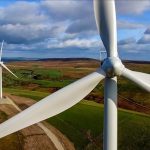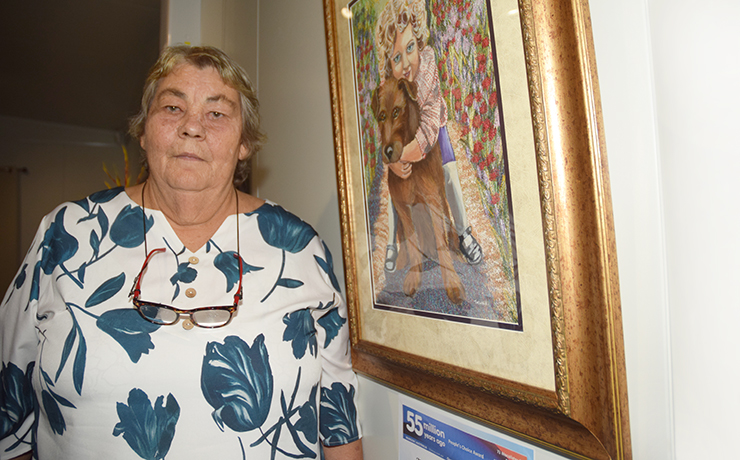
November 26, 2024
Farmers For Climate Action – a pro-renewables lobby group – claims a majority of residents in Renewable Energy Zones actually support clean energy projects on farmland in their local community.
Consultants “89 Degrees East” polled 1001 people living in Renewable Energy Zones and farmer focus groups.
They found 70 per cent supported clean energy projects on farmland in their community, 12 per cent “didn’t know” and 17 per cent were opposed.
A Farmers For Climate Action spokesperson said 73 per cent of the respondents had a connection to farming.
“71 per cent of those polled said farmers who choose to, should be allowed to host clean energy on their farms,” the spokesperson said.
“Key benefits listed were bonus income for farmers; more reliable energy for the local community, and general benefits eg. investment in the local economy.
“Key concerns listed were any disruption of farming activities (and the) impact on nature.
“Some 75 per cent said clean energy operators should pay an energy bill bonus to local households and businesses.
“69 per cent said local communities can benefit from renewables done right.”
The key findings from the farmer focus groups, which featured farmers aged between 26 and 67 from every State across Australia, were:
- Clean energy rent is seen as a good way to diversify farm income,
- Farmers hope renewables can deliver more reliable energy to them and their communities,
- The majority support “renewables done right” on farmland, and
- Farmers do not trust developers and called for strong regulation from government on decommissioning.
Farmers for Climate Action CEO Natalie Collard said the results matched those of a recent Porter Novelli regional poll, the CSIRO survey of 6000-plus people and Renewable Energy Zone polling by RE-Alliance.
“The data shows the quiet majority of rural Australia is clearly in favour of clean energy projects locally, although many don’t realise they’re part of the quiet majority,” Ms Collard said.
“Those who don’t support clean energy and those who do have a lot in common – they express the same valid concerns.
“Regional Australia is clearly asking the government to hold developers to account as they aim to build clean energy projects.
“Those polled clearly ask for the government to take charge on decommissioning, even though the vast majority of clean energy contracts already require the operator to decommission the project, and this means decommissioning would be covered by insurance should a company go broke.
“Just 30 per cent of Renewable Energy Zone residents realised farmers do well from renewable energy; with farmers being offered more than $40,000 per turbine per year and $1500 per
hectare per year for solar, while they continue to farm cattle around the turbines and sheep under the solar, it’s very good, drought-proof money.”
























Last paragraph says it all – renewables are a win-win for primary producers- and it’s not that Australia is short of arable land. SBRC has a point though, renewables projects should pay for their wear and tear on local roads (and any other infrastructure they use).
Extract: “The vast majority of clean energy contracts already require the operator to decommission the project, and this means decommissioning would be covered by insurance should a company go broke.”
Could Farmers For Climate Action please advise under what policy would insurance cover the decommissioning, demolition and removal of wind/solar infrastructure if the project operator goes broke? And can they please name the insurance company/companies who provide such insurance?
I totally agree, Bill. The statement about insurance is not clear. Are they referring to State or Federal government guarantees? It’s definitely vexed and no wonder some farmers are worred! To me this looks like a reasonable explanation of the current position.
https://www.mccullough.com.au/2024/05/07/unravelling-decommissioning-liabilities-and-security-obligations-for-renewable-energy-infrastructure-assets/
In other words, get it in the contract!!!
But while we’re talking about decommissioning, who is going to pick up the bill for all the abandoned open cut and underground coal mines as well as the gas and petroleum wells, including those offshore? Houses are still being affected a 100 years after some underground mines closed!